Everyone makes mistakes, and it’s the mark of a more reasonable person that they will actually try to fix them as soon as possible, unless they are the sort to “grace” the various stories of entitlement across the internet. This is, or at least should be, doubly true in business, as there tends to be real liability, but sometimes even a company can be unhelpful.
A man asked the internet if he was wrong for refusing to personally bring back a parcel a company had accidentally sent to his address. When he contacted them, they were initially pretty unwilling to fix their own mistake. We reached out to the man who made the post via private message and will update the article when he gets back to us.
An unexpected parcel with a strangers name on it is generally a mistake

Image credits: voronaman111 / envatoelements (not the actual photo)
So one man was surprised when the company asked him to hand-deliver the parcel they misplaced


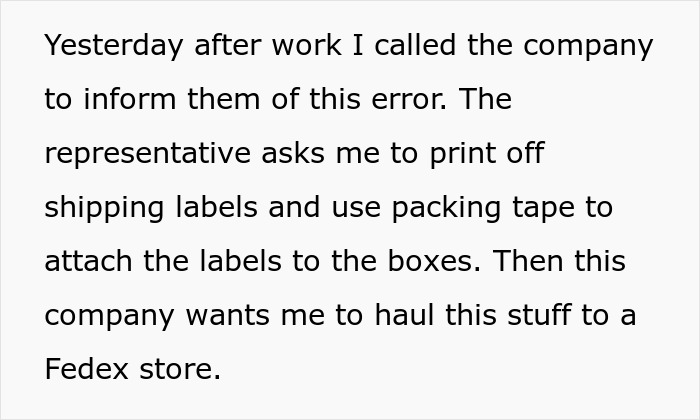



Image credits: nblxer /envatoelements (not the actual photo)


Image credits: Noe_Wunn
Since it doesn’t bring in money directly, some companies don’t care about customer support

Image credits: DC Studio / freepik (not the actual photo)
Many businesses treat customer support like that dusty treadmill in the corner of the gym, something they know they should invest in but would rather pretend doesn’t exist. A delivery company is sending out vehicles all the time, would it really cost them that much extra to just pick up the item? The logic seems foolproof at first glance: support teams don’t close deals, they cost money to train and staff, and hey, wouldn’t it be great if we just replaced them all with a chatbot named Chad? The spreadsheet says yes, the CFO nods approvingly, and suddenly your customer service department has the budget of a lemonade stand. But penny-pinching on customer support is like trying to save money by skipping oil changes on your car. Sure, you’re pocketing a few bucks now, but you’re also slowly removing repeat customers one by one.
Companies convince themselves that customers won’t really need much help anyway. They’ll just check the FAQ page, right? They’ll happily navigate through seventeen layers of automated phone menus while listening to hold music that sounds like a dental drill remixed by someone who hates joy. Except customers absolutely will not do this cheerfully. They’ll do it while composing mental drafts of the scathing reviews they’re about to post everywhere from Google to their family group chat. The math that makes bad customer service look attractive is missing some crucial variables. Sure, you saved forty thousand dollars by cutting your support team in half. Congratulations! You also just gave your loyal customers a reason to take their business to your competitor, and acquiring new customers to replace them costs somewhere between five and twenty-five times more than keeping the ones you had. It’s like celebrating the money you saved by canceling your home insurance the same week your house catches fire.
And let’s talk about the domino effect of terrible support. When someone has a nightmare experience trying to get help, they don’t just quietly move on with their lives. They become evangelists for your competitors. They write novels in the review section or perhaps, like this man, on Reddit. They tell everyone at dinner parties about the time they spent three hours on hold only to be disconnected. In the age of social media, one spectacularly bad support interaction can reach thousands of people before you’ve finished your morning coffee.
It’s not just customers who end up feeling annoyed, the company also suffers

Image credits: Drazen Zigic / freepik (not the actual photo)
What many executives miss is that customer support teams are basically treasure troves of business intelligence disguised as cost centers. These are the people who hear about problems before they explode, who understand what customers actually want versus what your product team thinks they want, and who can spot emerging trends faster than any analytics dashboard. But when you staff your support department with three overwhelmed people and a prayer, you lose all of that insight. You’re flying blind while congratulating yourself on fuel savings. The sad irony is that skimping on support creates a negative feedback loop. Undertrained, overworked staff can’t solve problems effectively. Customers get frustrated and contact support multiple times about the same issue. Wait times balloon. Good employees flee for jobs where they’re not treated like punching bags. New hires arrive, receive minimal training, and the cycle continues. You’re spending money constantly fighting fires instead of preventing them.
Meanwhile, companies that actually invest in stellar customer support are eating everyone else’s lunch. Zappos didn’t become legendary because their shoes are made of unicorn leather. Chewy didn’t build a cult following because their dog food has magical properties. They won because when you contact them, you talk to an actual human who can actually help and actually seems to care. Revolutionary stuff, apparently. The beautiful secret is that good customer support actually saves money in the long run. Empowered support teams fix root problems instead of applying band-aids. Satisfied customers don’t keep calling back. Well-trained agents resolve issues efficiently instead of bouncing people around like ping-pong balls. It’s almost like treating people well has positive consequences.
In today’s world where customers can switch to your competitor faster than you can say “please rate your support experience,” treating customer service like an optional expense is taking an unnecessary risk with your business. The companies winning aren’t necessarily those with the fanciest products, they’re the ones who figured out that investing in customer support isn’t just warm and fuzzy niceness. It’s cold, hard business sense wrapped in a smile and a genuine desire to help. Your customers will remember how you made them feel long after they’ve forgotten your product’s technical specifications, and that memory will either build your empire or fund someone else’s.
Most thought he was being reasonable

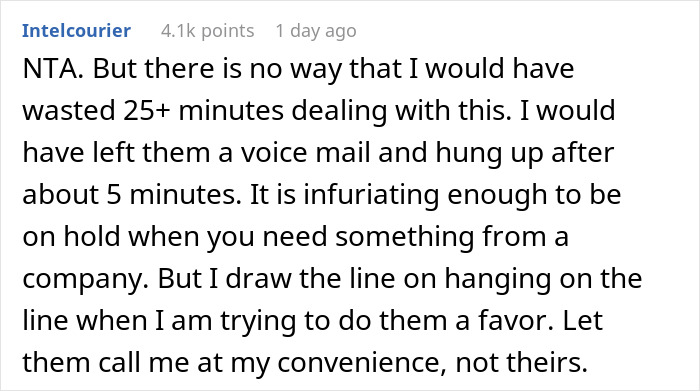

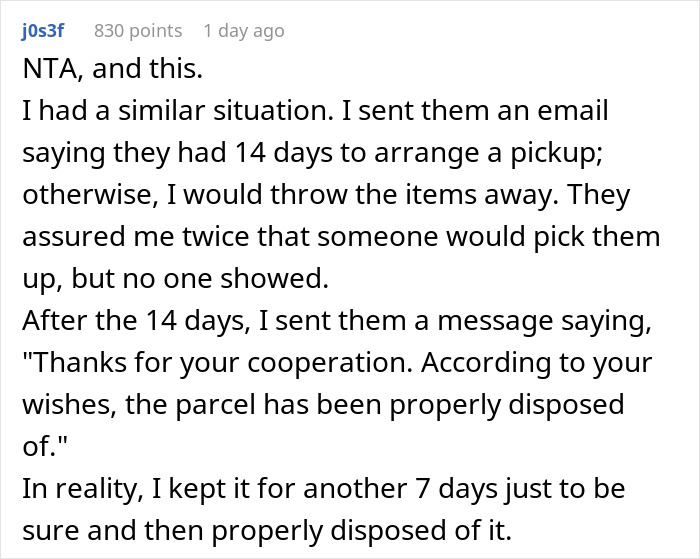








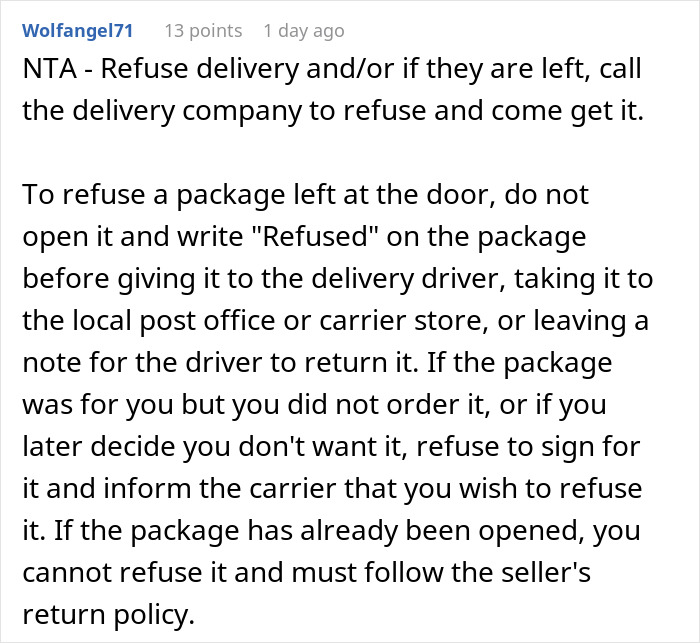



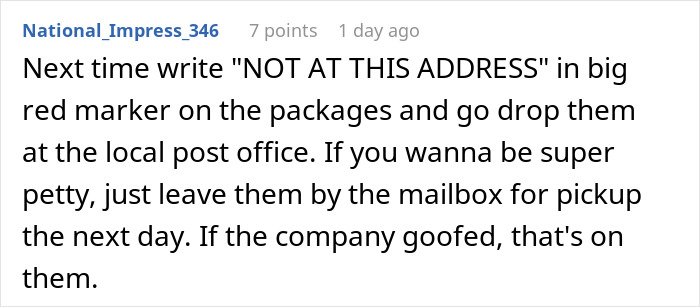



Some did warn him to be careful








[others were suspicious it might be a scam]





Others shared similar stories



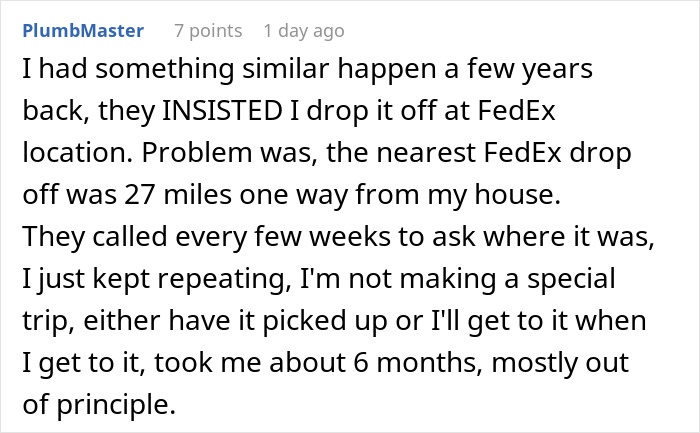



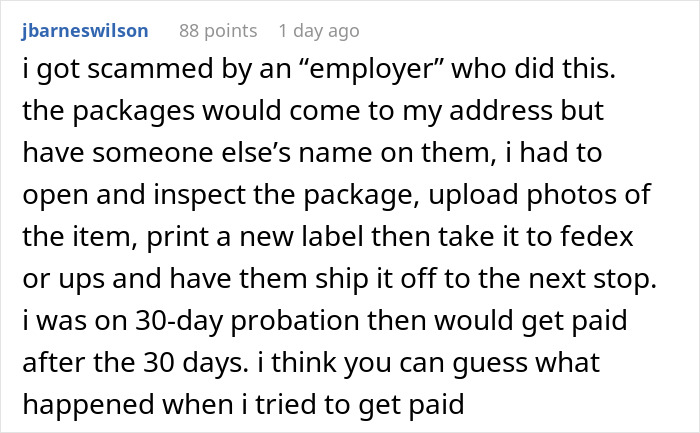




A few even suggested he just keep it



THINKS OP SHOULD HAVE BROUGH IT:


One user even had a theory to what might have happened

from Bored Panda https://ift.tt/OH1VbYC
via IFTTT source site : boredpanda